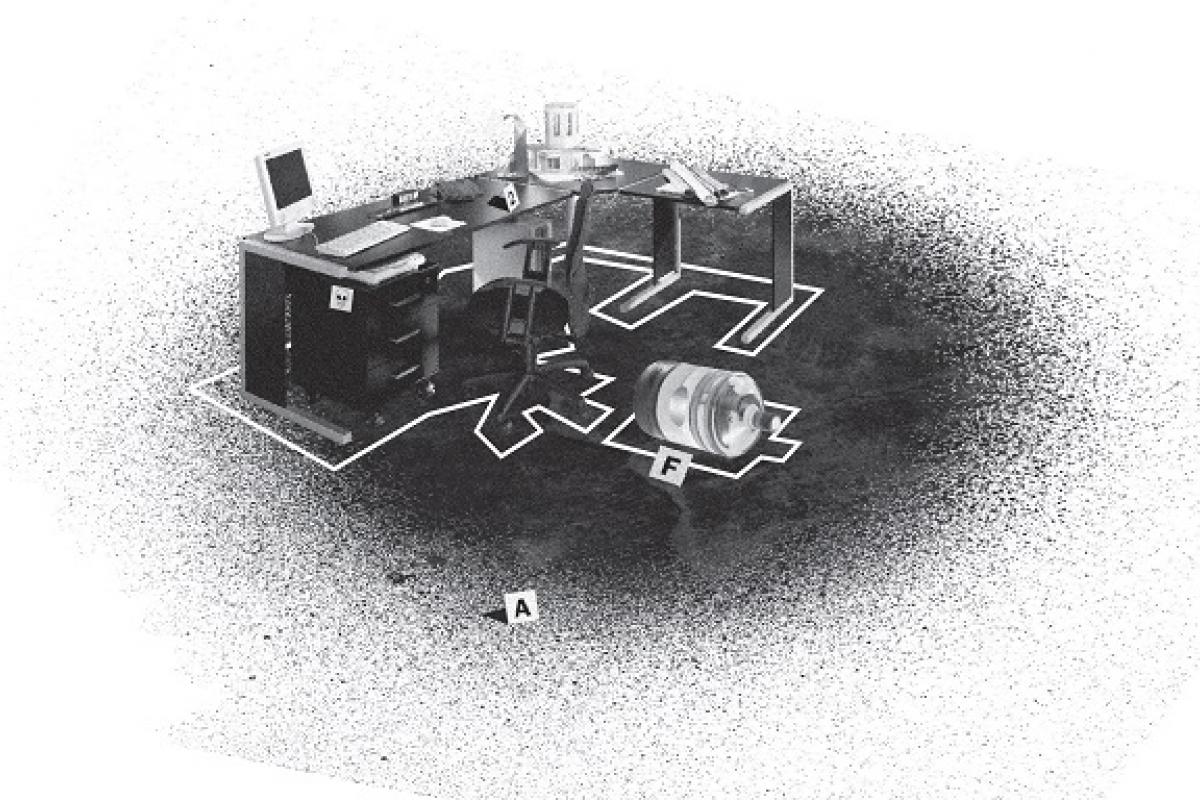[Two Cents] The office is dead – or is it?
- Kelvin Ong
- Topics: Asia-Pacific, Employee Experience, Features, Two Cents

“Why can’t you work from home?,” my friend Henry, a software engineer who spent five years working remotely for a US-based start-up, asks me any chance he gets.
And each time, with as much zeal as I can muster, I reply to him: “I’m in a role where face time matters.”
To be fair, most of my “millennial” friends, like the rest of our supposedly entitled kind, also feel strongly that having the option to work remotely should be a right, not a privilege.
I find that sentiment rich, even for them.
Unlike computer programmers who have the luxury of operating in silos, many industries, including publishing, require a lot of collaboration across departments.
Most people think journalists are always out and about, which is not inaccurate, but we also work closely with other internal teams like design and web.
While flexible working options are on the rise, are they truly feasible for all roles?
Advocates of remote working say it inspires creativity and increases productivity, and there is research to back this up. Microsoft’s Office Division Lead for Asia-Pacific, in fact, recently told me the traditional workplace might soon be a thing of the past, especially with the growing use of cloud technology.
With the cloud, workers are able to work from anywhere in the world while still being able to connect and collaborate with others round-the-clock.
But for every technology firm championing unique work arrangements (pet leave also comes to mind here), there is an IBM.
In March this year, IBM reversed its flexible working structure, mandating for all 2,600 US-based marketing staff to report at its offices in six cities across the country, including Atlanta, Boston, San Francisco, and New York.
This was a landmark move for IBM, a pioneer of the remote working movement, having offered the option to employees as early as the 1980s.
IBM, on the back of decreasing margins, discovered that while productivity was at an all-time high, innovation was falling by the wayside. It had found that remote working was actually impeding new ideas.
One study from Harvard also found that researchers who worked in close physical proximity “produced more impactful papers”. What this shows is that working together in person actually sparks some of the best ideas.
 Personally, as much as I do enjoy the occasional work-from-home day, I also relish the feeling of going somewhere. It makes me feel more accomplished in my working life.
Personally, as much as I do enjoy the occasional work-from-home day, I also relish the feeling of going somewhere. It makes me feel more accomplished in my working life.
Many times while working from home, I also find myself texting my co-workers back in the office to fix something on the backend of our website, or perhaps get some contact details of a source.
With most impromptu requests, it’s simply easier to hop over to their desks than to send an email or message over the office communicator.
You can also burn some calories in the process, but that’s a topic for another time.
But most times, all you want is a good conversation or laugh with your colleagues about the latest headlines, and those face-to-face moments are priceless. Also known as the “water cooler effect”, these are the junctures at which creativity is often triggered.
Not having to commute to work is great, but working off-site, besides having to splash an unreasonable amount of money for an iced latte weekly, can feel lonely over time.
So what’s my verdict on remote working? Having the option to do so a few days a month is great, but staff should do it only when it makes sense for the business. The office will remain a useful platform for a long time more.
That’s just my two cents.






